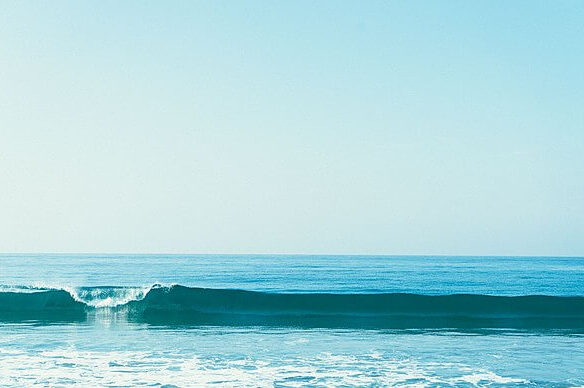
Scientists estimate that there are now more than 171 trillion pieces of plastic floating in the world’s oceans, a number that has increased from 16 trillion in 2005. This plastic poses a threat to sea life and can take hundreds of years to break down into less harmful materials. If no action is taken, this number could nearly triple by 2040. Last week, nations signed the UN High Seas treaty, which aims to protect 30% of the world’s oceans.
To calculate this estimate, a group of scientists analysed records starting in 1979 and added recent data collected on expeditions that trawl the seas with nets to collect plastics. Single-use plastics like bottles, packaging, and fishing equipment break down over time into smaller pieces due to sunlight or mechanical degradation. This plastic can fill the stomachs of wildlife like whales, seabirds, turtles, and fish, leading to starvation.
The concentration of plastic in the oceans has significantly increased from around 16 trillion pieces in 2005 to 171 trillion in 2019. Before 2005, the concentrations fluctuated, and scientists are not sure why this is. It could be explained by stronger legislation being replaced by voluntary agreements, the breakdown of plastics, or the fact that less data was collected.
Prof Richard Thompson at Plymouth university, who was not involved in the study, said the estimate adds to what scientists know about marine pollution.
“We are all agreed there is too much plastic in the ocean. We urgently need to move to solutions-focused research,” he said.
Microplastics have been found in human lungs, veins, and the placenta, but scientists do not yet know enough about whether they negatively affect human health. The authors argue that solutions must focus on reducing the amount of plastic produced and used, rather than cleaning up oceans and recycling plastics because this is less likely to stop the flow of pollution.
——————————————————————————
At Natural World Fund, we are passionate about stopping the decline in our wildlife.
The declines in our wildlife is shocking and frightening. Without much more support, many of the animals we know and love will continue in their declines towards extinction.
When you help to restore a patch of degraded land through rewilding to forests, meadows, or wetlands, you have a massive impact on the biodiversity at a local level. You give animals a home and food that they otherwise would not have had, and it has a positive snowball effect for the food chain.
We are convinced that this is much better for the UK than growing lots of fast-growing coniferous trees, solely to remove carbon, that don’t actually help our animals to thrive.
This is why we stand for restoring nature in the UK through responsible rewilding. For us, it is the right thing to do. Let’s do what’s right for nature!
Support our work today at https://naturalworldfund.com/ and join in the solution!

